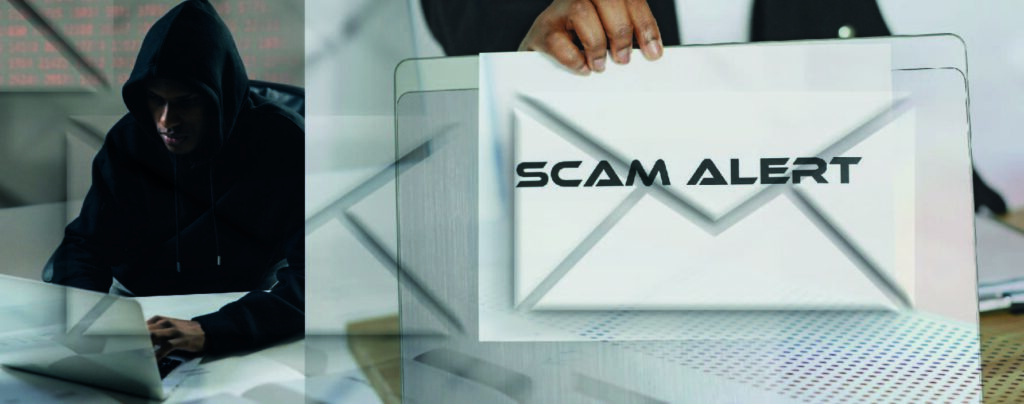
In a constantly shifting world of cybersecurity threats, protecting your organization’s sensitive information has never been more important. As we reach 2024, the significance of Email security check awareness cannot be stressed out. With hackers continually finding new ways to access networks and steal data, organisations must stay one step ahead. One of the most effective methods to strengthen your defenses is to develop user training programmes that focus on email security checks.
As more organisations rely on technology for daily operations, cybersecurity has become a more difficult task. Threat actors are continually changing their tactics and strategies, making it difficult to stay one step ahead. That is why it is critical to teach your personnel on how to detect and report such dangers immediately and properly. Email security awareness training (SAT) is an essential component of protecting your organisation from cyber attacks. Unfortunately, many organisations do not take SAT seriously and are not doing it properly.

Table of Contents
ToggleEducate to be Safe from Scam
Inform your staff about the importance of email security awareness and their role in keeping your organisation safe from harmful attackers. Your SAT programme should be instructive and collaborative, not punishing and false. Your personnel must understand how to recognise phishing risks. To do this, ensure that your SAT programmes incorporate real-world dangers. They will get an advantage over the attackers by utilising genuine threats that are now circumventing many regular email solutions.
Create a Positive Culture of Reporting
Employees should not be concerned about reporting potentially suspicious or harmful emails. Make it easy for them to report and provide a favourable environment for them to work in. According to our intelligence team, for every one email reported by a user, an average of twenty more dangerous emails are deleted from inboxes throughout the world. They are a 20x multiplier.

Make Your SAT Programme More Than Generic Simulations
While simulations are vital, they are part of a much bigger SAT programme that involves constant communication, training, and other components. Use modern technology, such as live-action games and micro-learning modules, to make your programme more interesting.
Six steps that security teams can take to ensure their training programs meet expectations

- Get executive buy-in.
- Establish risk-based objectives.
- Engage your staff.
- Use several forms.
- Use phishing simulations to assess efficacy.
- Maintain and update the training.
Conclusion
As we negotiate the complicated world of cybersecurity threats in 2024 and beyond, the necessity for proactive actions to secure sensitive information has never been more pressing. Implementing user training programmes to enhance Email security check awareness is an important step in strengthening your organization’s defences against changing cyber threats. By providing your staff with the information and skills required to recognise and respond to possible dangers, you can reduce the possibility of falling victim to email-based assaults while also ensuring the protection and integrity of your precious data. Cyber risks are continually growing, and investing in email security check awareness training ensures your company’s long-term security.
1. Get buy-in from the corporate leadership.
2. Prepare risk assessment reports.
3. Provide interactive training classes.
4. Schedule simulated phishing assaults.
5. Compile the test findings and enhance them.
6. Implement and enforce new policies.
7. Retrain personnel regularly.
1. Create High-Quality Content.
2. Determine whether to use personalised or pre-built training platforms.
3. Decide if training content should be risk- or role-based.
4. Invest in realistic phishing simulations.